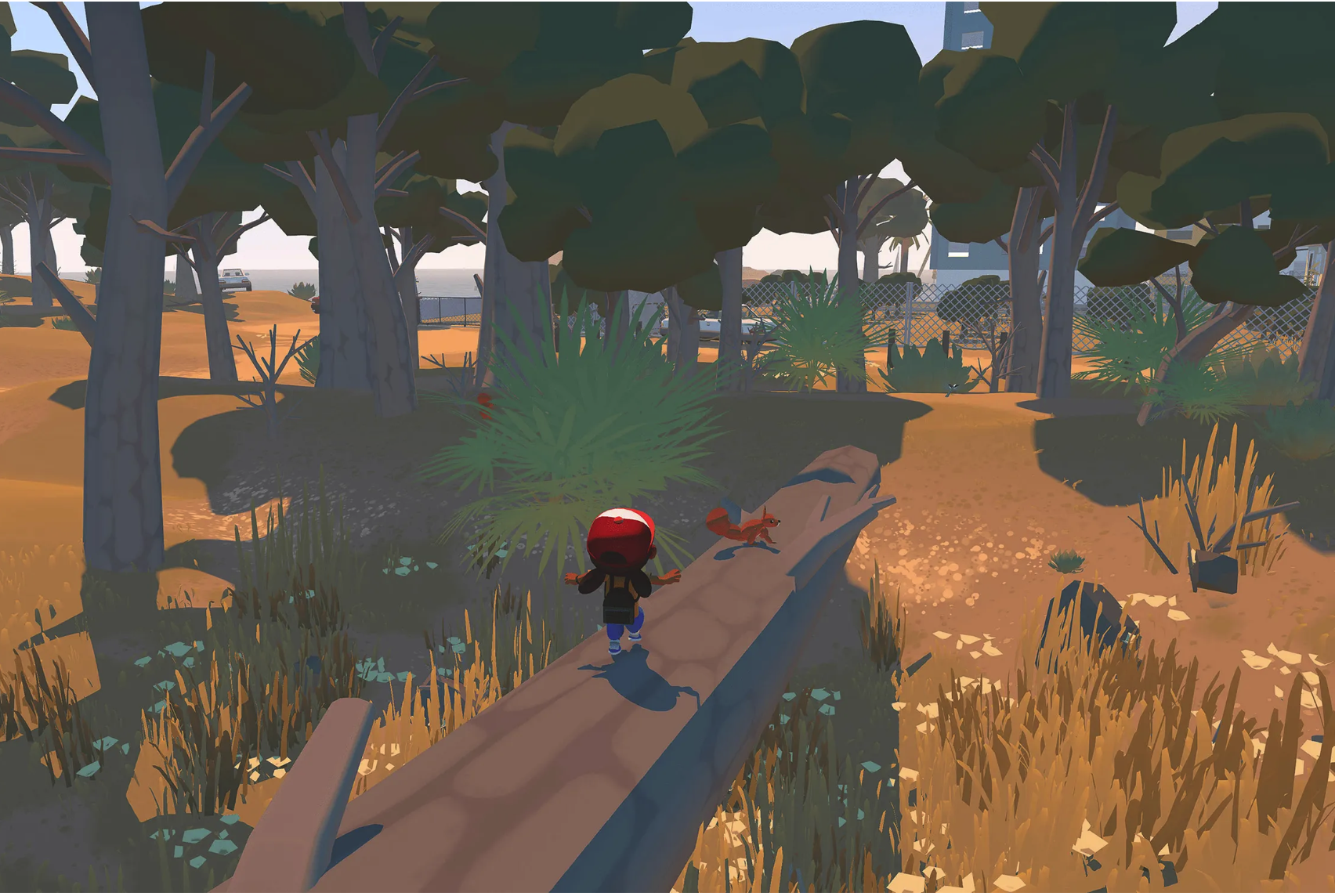The Wired has an interesting article that speaks to how games have the “power to create social change” (see: https://www.wired.com/story/games-for-change-google-nonprofit-fun-games-social-good/). The example that Wired gives is King Kingdom which “teaches players about internet safety, like building strong passwords and only interacting with trusted friends online” (see: https://www.wired.com/story/games-for-change-google-nonprofit-fun-games-social-good/). This article pointed me to a non-profit: Games for Change.

(image from: https://www.wired.com/story/games-for-change-google-nonprofit-fun-games-social-good/)
One initiative from Games for Change is “Raising Good Gamers” which holds “video games and new media as spaces of learning, social exchange, and civic engagement among youth will not be realized without a shared public agenda addressing the growing problem of toxicity online” (see: https://www.gamesforchange.org/initiatives/). Earlier this year I had written a post in regard to Call of Duty’s new code of conduct. While its efficacy may be questioned it nonetheless demonstrates that developers are live to the issue of toxicity online. Developers are speaking out against this issue and I believe that goes to Games for Change’s point that we need a shared agenda that addresses online toxicity. Games, and online games are hugely powerful social spaces. I remember during the pandemic how important video games were. With nowhere else to go my friends and I often turned to Call of Duty to socialize. Even today with our schedules, gaming is one of the only ways to consistently “get together” and talk.
Moving forward I believe online games will genuinely be characterized as social spaces in the mainstream (if they aren’t already). Do you think developers are doing an adequate job of (a) recognizing that their games are “social spaces”; and (b) addressing the toxicity problem.
 Communications Law
Communications Law
Hi Lovneet – thanks for linking this article!
I can totally relate to the social benefits of gaming, especially during the quarantine stages of the pandemic where that’s all we had.
It’s nice to know that there are some well-intentioned game developers out there who are hoping to teach valuable life skills through the medium of games! So often, it feels like games provide an outlet for kid to feel more adult which leads them to turn to more adult, inappropriate subject matter. My fear is that they may not be perceived as the “cool” games to play and pressures may lead them to instead pursue competitive, confrontational games where this toxicity is rampant.
That’s not to say that these games can’t have cooperative aspects as well, but how can they overcome the toxicity? Despite the best intentions of game developers, they simply cannot change the nature of the internet which allows for a culture of negativity to preside over people’s actions. Without significantly more resources and supervision, can these codes of conduct significantly impact the player base?
I’m interested to know what you think!